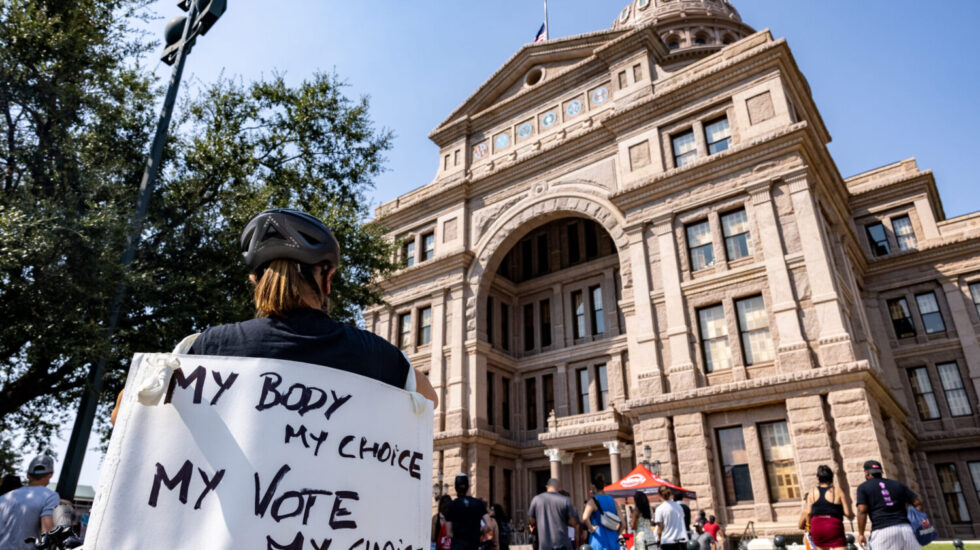The Texas abortion law considered the most restrictive legislation in the nation could be facing its first judicial test in a lawsuit filed against a San Antonio doctor who admitted to performing an abortion. Under the state’s new law, which the Supreme Court declined to rule on earlier this month, the procedure is now considered illegal.
Doctor Alan Braid came forward last week to say he performed an abortion on a patient. He wrote an editorial in The Washington Post explaining his actions and the reasoning behind doing it. “I acted because I had a duty of care to this patient…,” he wrote.
Republican lawmakers crafted the extreme abortion ban to act as a workaround to legal challenges. The law as written essentially deputizes private citizens to enforce the ban on abortion once cardiac activity has been detected, as early as six weeks into pregnancy. The law offers a financial incentive of up to $10,000 if they successfully sue a defendant they have accused of performing or aiding in an abortion. By insert this sort of “poison pill” feature, it protects local and state officials from any legal action taken by abortion proponents.
The DOJ has already sued Texas over the law, but this new civil suit against Dr. Braid will likely be the first gauge of whether the law actually holds up to judicial review. The lawsuit was filed Monday, and is as unorthodox as the law whose muster it challenges.
The person suing Dr. Braid is a convicted felon not from Texas, but Arkansas. According to the Post, Oscar Stilley filed the suit after reading about the physician’s admission. Stilley is a former lawyer who was convicted of tax fraud in 2010 and is currently serving a 15-year federal sentence under house arrest. Stilley said he does not personally oppose abortion, but thinks the measure should go before the courts to see if it stands up to scrutiny. He also made mention of the $10,000 he could collect if he wins the lawsuit.
“If the law is no good, why should we have to go through a long, drawn-out process to find out if it’s garbage?”
Oscar Stilley
The Post writes that it is a surprise the first legal case stemming from the Texas law came from out of state.
The antiabortion group Texas Right to Life has been gathering anonymous tips about potential violations, but had not yet filed a lawsuit — in part because abortion providers and clinics said they were complying with the law. The group has also been temporarily barred by state court decisions from suing certain providers in parts of the state.
Abortion providers have sued over the new law, saying it conflicts with the Supreme Court’s landmark Roe v. Wade decision that guarantees a right to abortion before viability, which is usually around 22 to 24 weeks into pregnancy.
But despite admitting that legal challenges raise “serious questions” about the validity of the law, the Court in a 5-4 order let it stand.



